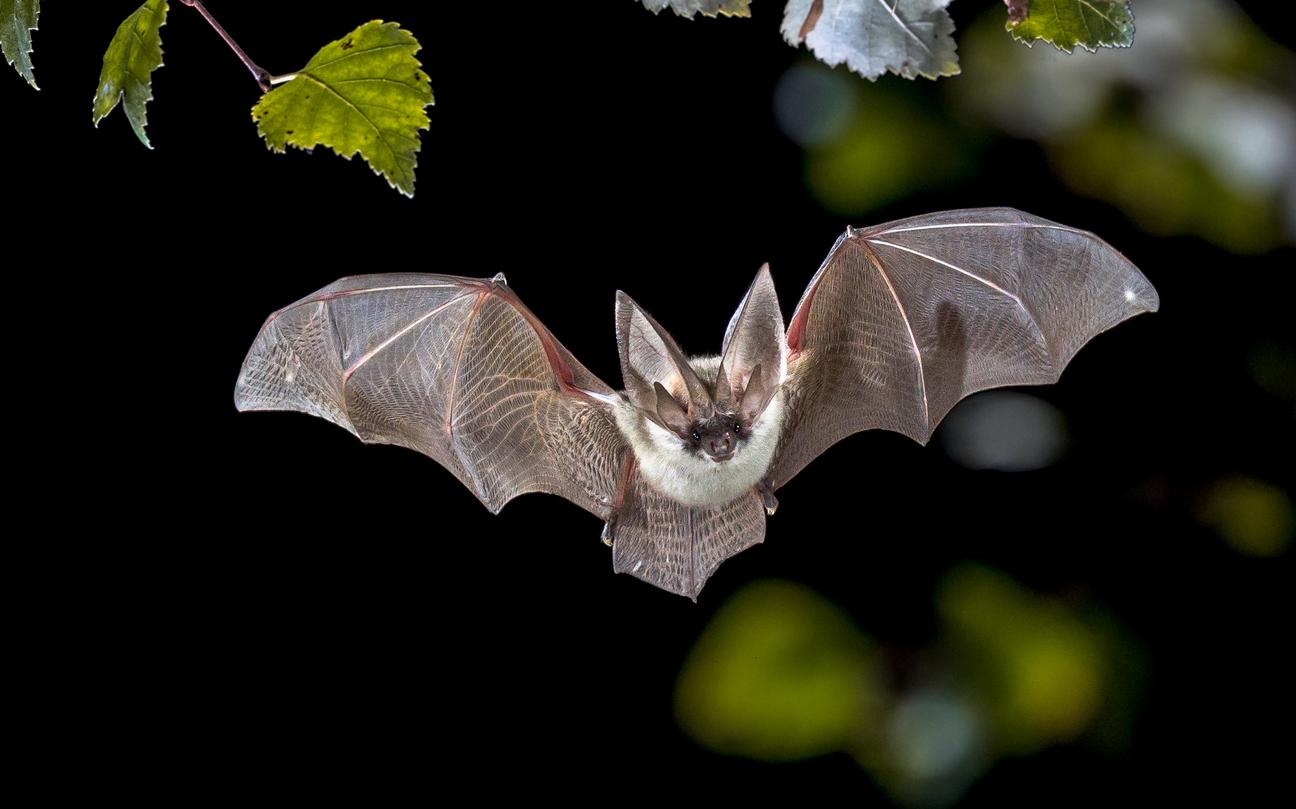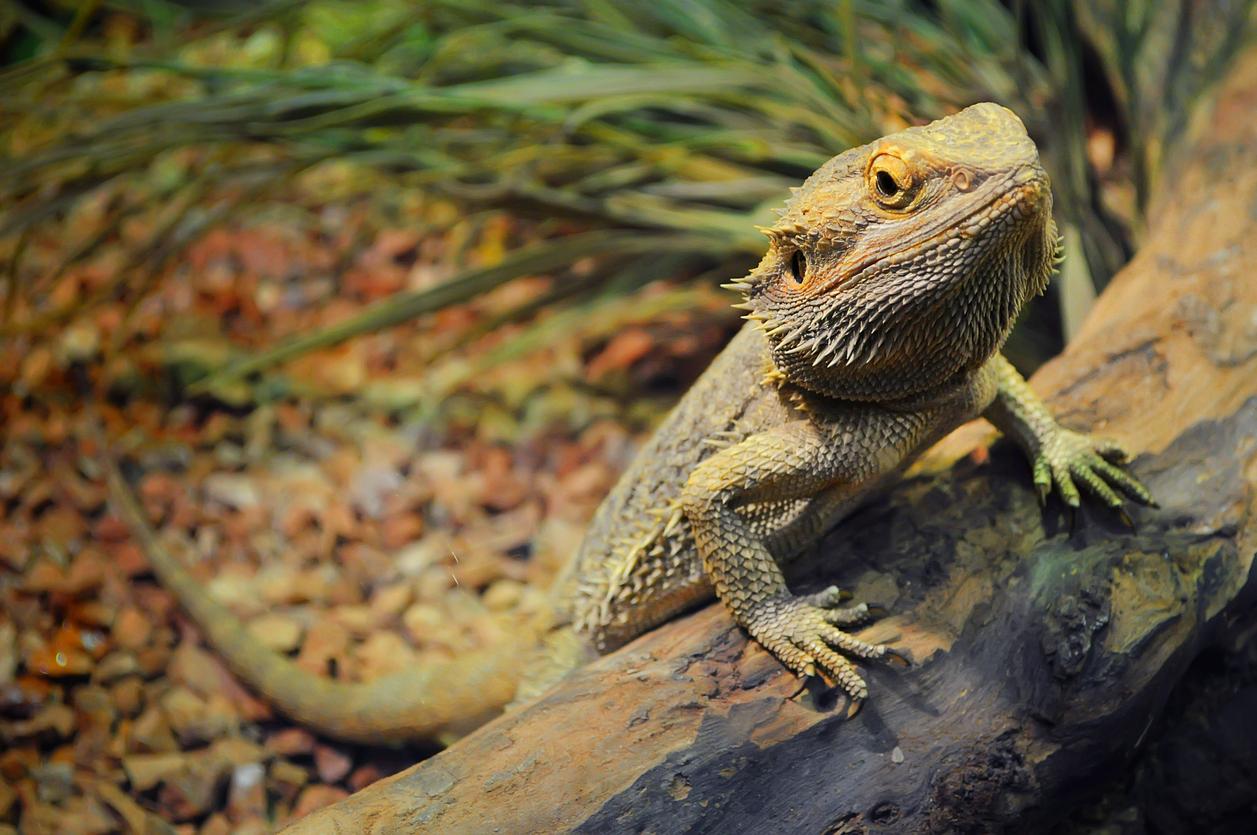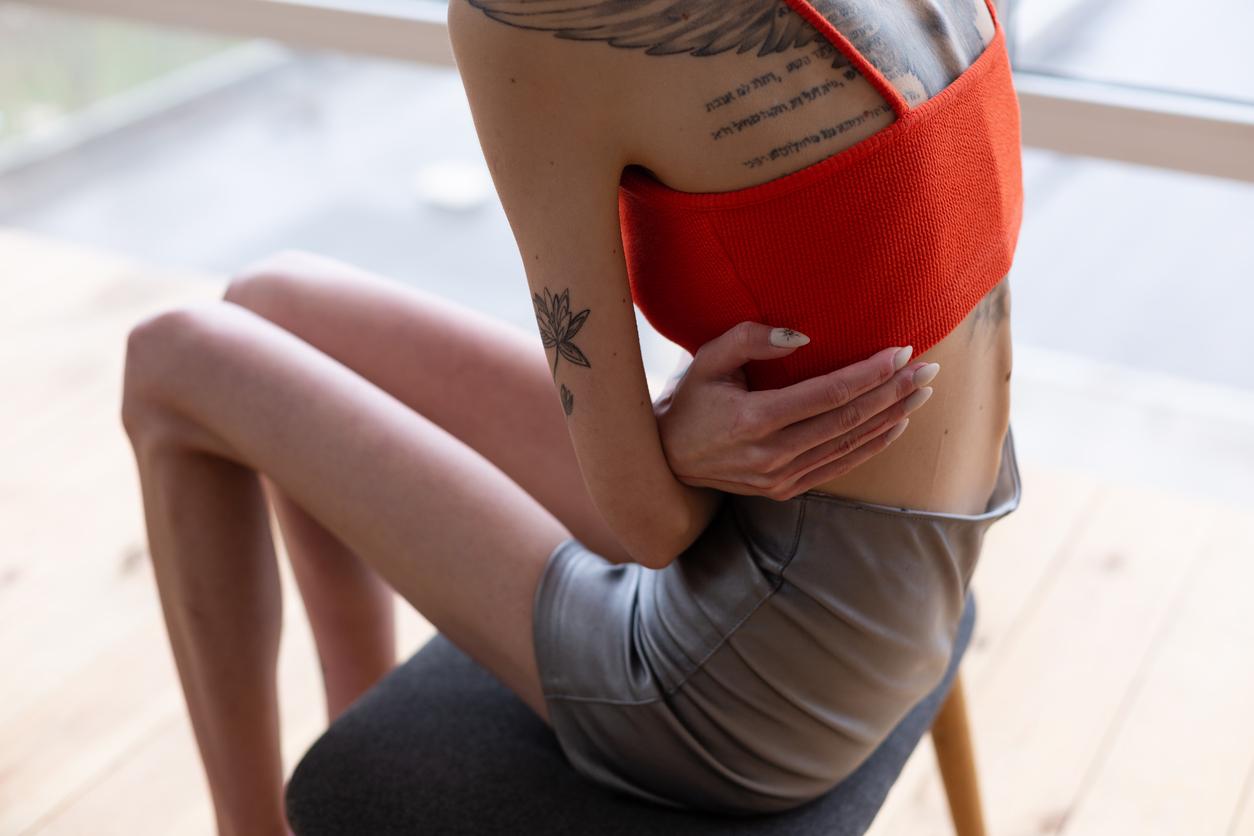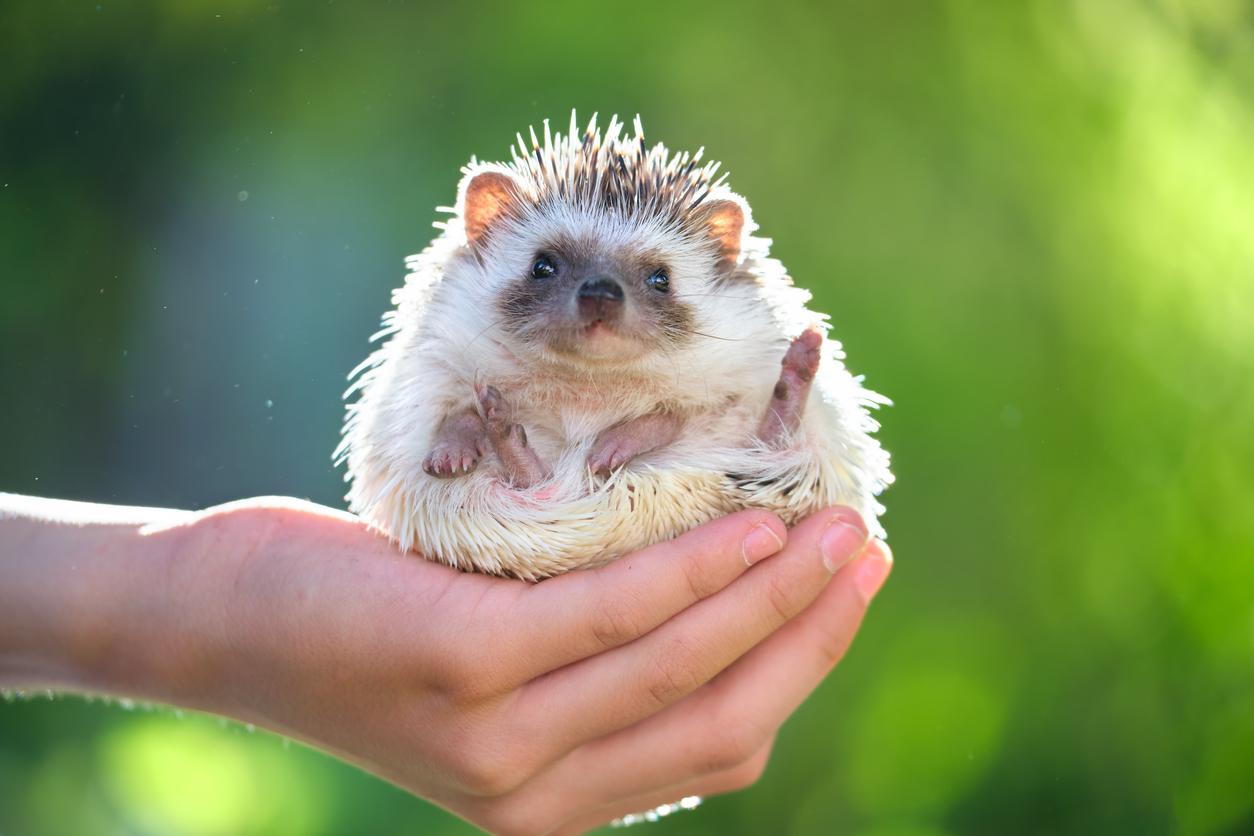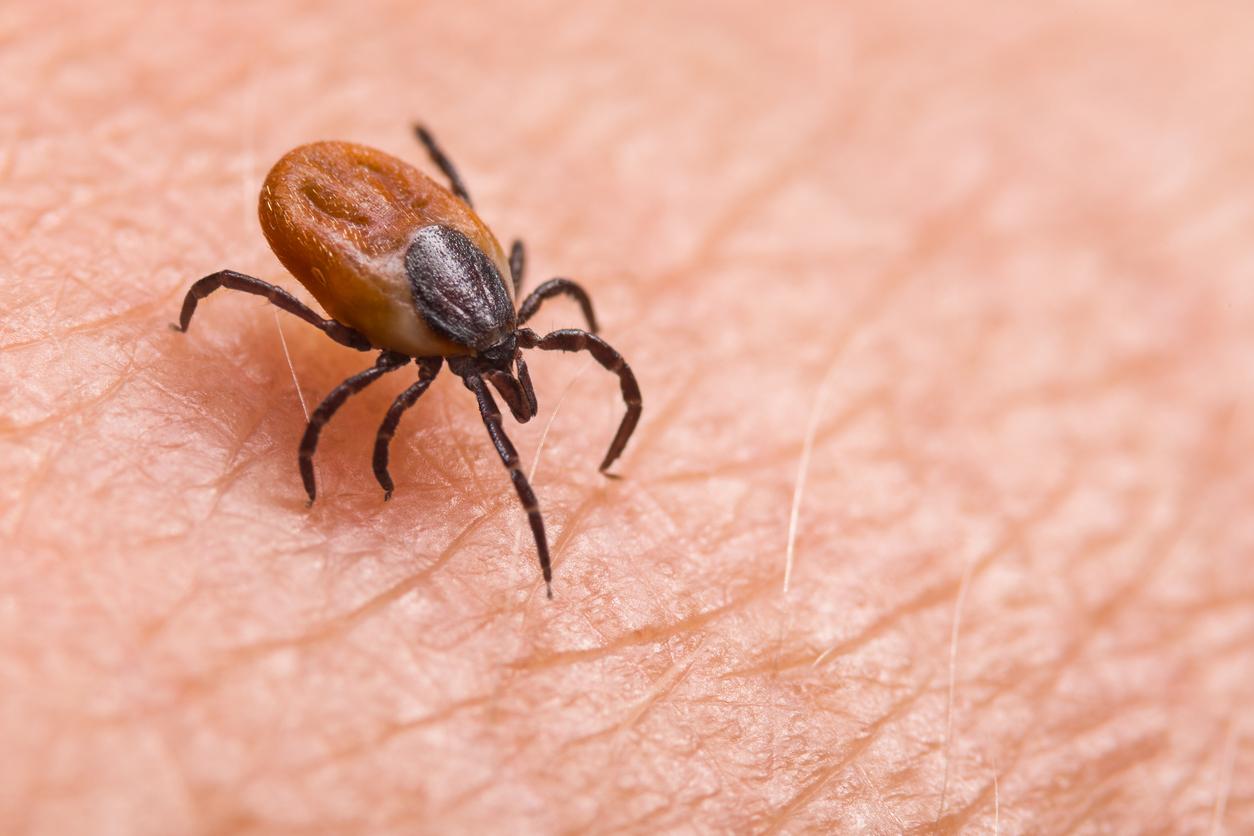No violation was noted by the health services which inspected the Gauché farm. L214 maintains his complaint for mistreatment.

Plucked, sick birds moving among the corpses. The animal defense association L214 has again raised awareness in France. His latest video, posted on May 30, testifies to the deplorable state of a laying hen farm. Located in Gauché (Vendée), it supplies the Panzani group with eggs. But, in view of the images, it does not seem to respect the sanitary rules.
Sick hens, housed in unworthy conditions. Eggs covered in lice. This is, in essence, the morbid content of this video from L214. Unsurprisingly, the images accelerated the health check. In the afternoon following the posting, the Departmental Directorate for the Protection of Populations (DDPP) is dispatched to the scene.
A harmless disease
But the control does not reflect the content of the video. In breeding, no corpse or injured hen. “The hens observed are in good condition for animals aged 68 weeks and for this type of breeding, taking into account the pathological context”, summarizes the prefecture of Vendée in a press release.
The veterinarian in charge of monitoring the henhouses nevertheless detected the presence of a disease, colibacillosis. This disease, caused by bacteria Escherichia coli, develops especially when rearing conditions are not optimal.
Avian colibacillosis weakens poultry, slows down laying and promotes malformations. However, the pathology has no impact on human health. The animals were treated, which made it possible to limit the mortality of the breeding.
The fight against lice
The veterinarian has also put in place a treatment to limit the presence of lice on eggs and laying hens. It should take effect soon. But again, the effects on human health are non-existent. A heavy infestation of lice slows egg laying, reduces egg quality and can cause anemia in birds.
Despite these results, the L214 association maintains its complaint against the Vendée chicken farm. She accuses the breeder of “abuse and non-compliance with the regulations”, especially on the pecking and scratching areas. In a press release, the association specifies that the health control has not ruled on this subject. Panzani, for its part, has pledged to no longer use eggs from caged hens.
.









